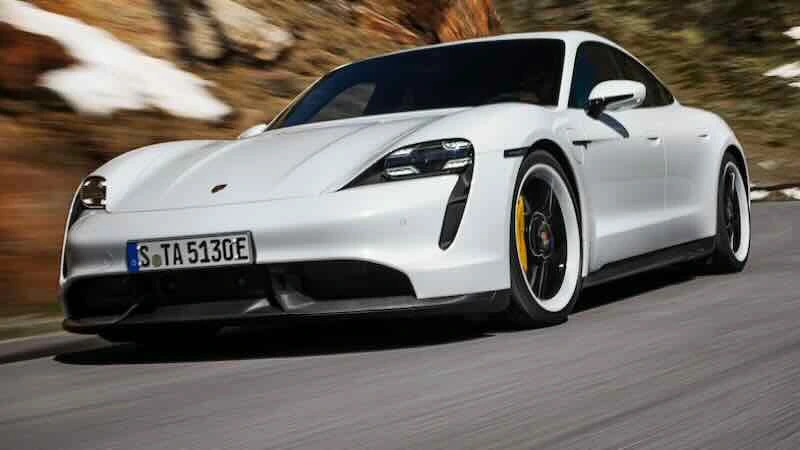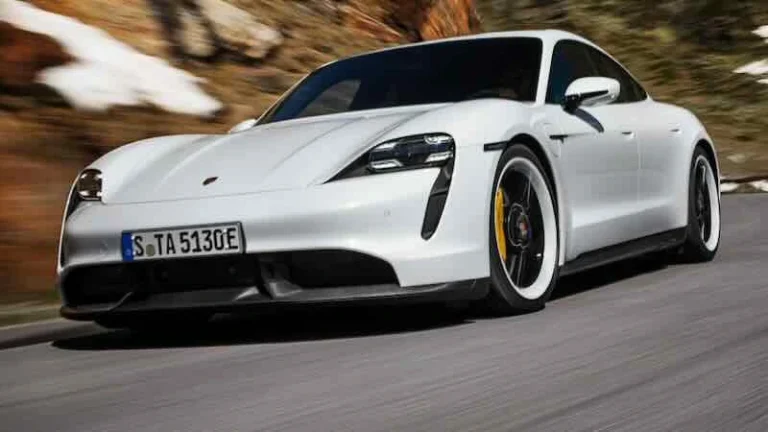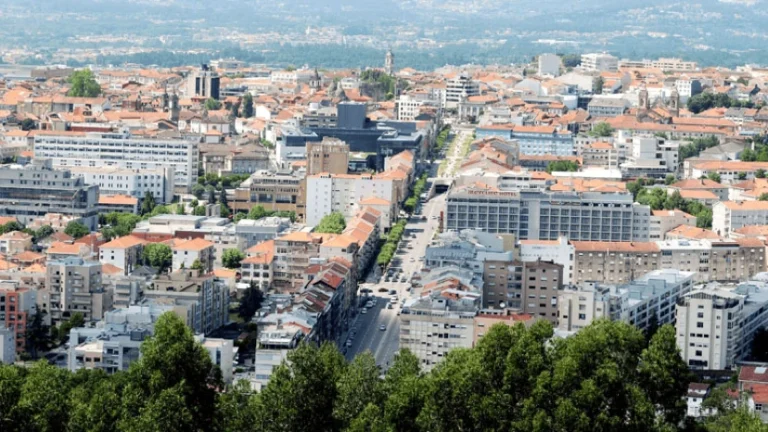I love a good road trip and as someone settling into life in Braga, I eventually want to buy a car. So, I’ve been diving into the car market to find a vehicle that suits my needs. During this search, I discovered an interesting trend: electric vehicles (EVs), even luxury models, are often more attractively priced than their petrol-powered counterparts. This realization has steered my decision-making process, and here’s why it might be a the right choice for anyone considering a car in Portugal.
The EV Advantage in Portugal
Portugal has been actively encouraging the adoption of EVs, and this effort is reflected in the financial benefits for buyers:
- Lower Taxes on EVs: One of the first things I noticed was the significant difference in registration taxes. EVs enjoy exemptions or reduced rates compared to petrol and diesel vehicles, thanks to Portugal’s commitment to reducing emissions.
- Government Incentives: There are additional incentives, such as subsidies for new EV purchases, which lower the upfront cost. While these benefits don’t directly apply to used EVs, they create a ripple effect, reducing the market price of pre-owned electric cars.
- High Taxes on Petrol Cars: Petrol cars face steep registration taxes and emissions-based penalties. These added costs make luxury petrol vehicles particularly expensive compared to EVs.
Why Are Luxury EVs More Affordable?
It might seem surprising that luxury EVs like the Porsche Taycan or Tesla Model S are priced competitively in the used market. Here’s why:
- Depreciation of EVs: EVs generally experience faster depreciation than petrol cars due to rapid advancements in technology. Buyers often prefer the latest models with improved battery range and features, pushing down the prices of slightly older models.
- Battery Longevity Concerns: While EV batteries are designed to last a long time, some buyers remain cautious about their lifespan. This perception further impacts resale values.
- Luxury EV Saturation: High-end EVs cater to a niche audience, and when supply outpaces demand, prices drop. This seems to be the case for luxury EVs in Portugal.
- Charging Infrastructure Growth: Portugal’s charging network is expanding, but it’s not yet ubiquitous. Some buyers worry about range anxiety, making them hesitant to invest in an EV. However, significant progress is being made to address this issue. The Portuguese government has set a target of 15,000 public charging points by 2025, up from the current 8,000. Private companies, such as Iberdrola and BP, are also investing heavily in fast and ultra-fast charging networks across the country. Additionally, innovative solutions like converting streetlights into charging points are being introduced in urban areas, enhancing accessibility and convenience for EV owners. For those who enjoy road trips, it’s worth noting that Europe has a well-developed EV charging network, with interconnected stations across countries. Networks like IONITY and Tesla Superchargers make long-distance travel feasible, offering fast-charging options on major highways. These efforts in Portugal and across Europe are expected to alleviate range anxiety and further boost demand for EVs.
The Cost of Ownership Favors EVs
Beyond the purchase price, the ongoing costs of owning an EV are significantly lower in Portugal:
- Electricity vs. Fuel: Charging an EV is much cheaper than filling up a petrol tank, especially with home charging options or incentives for renewable energy use.
- Lower Maintenance Costs: EVs have fewer moving parts, no oil changes, and reduced wear on brakes due to regenerative braking. This simplicity translates to lower maintenance expenses over time.
- Tax Benefits: EV owners in Portugal benefit from reduced road taxes and exemptions from urban congestion charges in some areas.
- Installing a Charging Station: For those considering home charging, installation costs in Braga can range from €500 to €1,500, depending on the complexity of the setup and the electrical infrastructure in place. While it’s an upfront investment, it significantly reduces reliance on public charging stations and adds convenience to EV ownership.
Beyond the purchase price, the ongoing costs of owning an EV are significantly lower in Portugal:
- Electricity vs. Fuel: Charging an EV is much cheaper than filling up a petrol tank, especially with home charging options or incentives for renewable energy use.
- Lower Maintenance Costs: EVs have fewer moving parts, no oil changes, and reduced wear on brakes due to regenerative braking. This simplicity translates to lower maintenance expenses over time.
- Tax Benefits: EV owners in Portugal benefit from reduced road taxes and exemptions from urban congestion charges in some areas.
What This Means for My Decision
The more I research, the clearer it becomes: choosing an EV is not just a more sustainable option but also a financially sound one. Luxury EVs, with their advanced features and competitive pricing, are especially appealing. Whether it’s a sleek Tesla Model 3, a sporty Porsche Taycan, or even the innovative BYD Han, these vehicles represent the future of driving in Portugal.
Final Thoughts
For me, the combination of lower costs, sustainability, and growing infrastructure makes and less than half the cost of a petrol model makes the Porsche Taycan an attractive choice. I’m not 100%, but style, driving experience, European practicality and cost of ownership make this model an attractive option.
Stay tuned for updates on my EV journey and tips for buying and owning an electric vehicle in Portugal!







